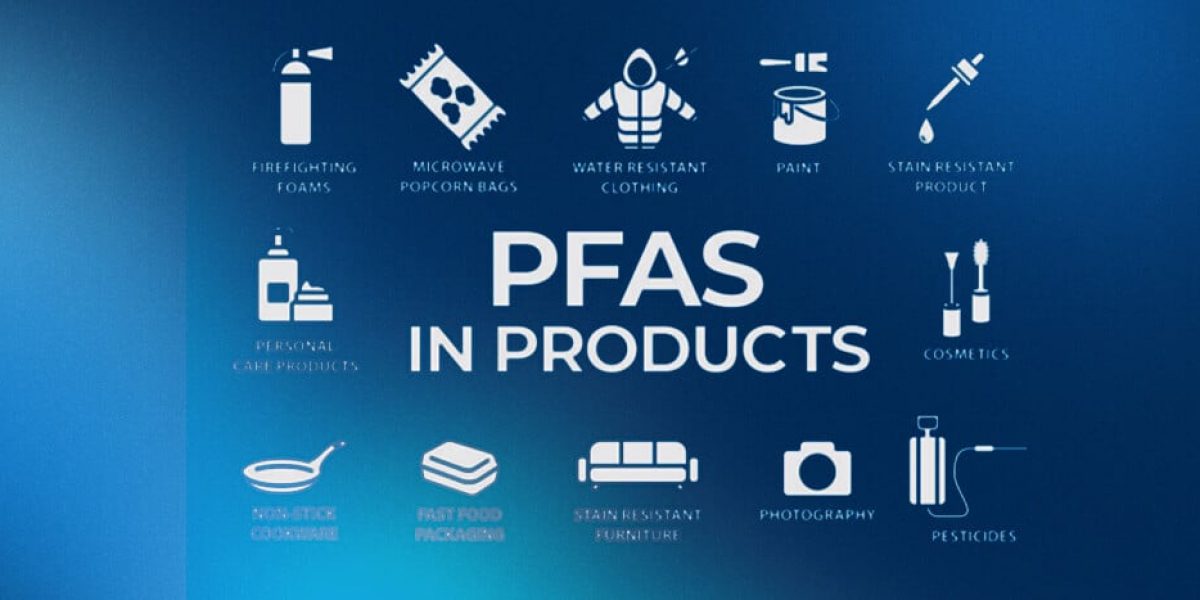The Urgency of PFAS Compliance
Per- and polyfluoroalkyl substances (PFAS), often called “forever chemicals,” are under intense scrutiny that product stewardship and engineering professionals must fully understand. Under the new PFAS reporting requirements in the Toxic Substances Control Act (TSCA), companies must track and report over a decade’s worth of PFAS usage.
Failure to comply with these new standards exposes companies to significant risks, including legal liabilities, costly product redesigns, and disrupted supply chains. As global regulations tighten, organizations that delay action will face steep fines and reputational damage in addition to a far more difficult and urgent transition to compliant practices.
For companies committed to sustainability and safety, the time to act is now. Proactive steps to manage PFAS risks will bring immediate and long-term benefits in supply chain efficiency, market positioning, and overall risk mitigation.
Navigating PFAS Reporting Regulations: Key Information
The new PFAS regulations under the Toxic Substances Control Act (TSCA) have far-reaching implications across industries. These rules require companies to report historical and current PFAS use, covering products, processes, and supply chains dating back to January 1, 2011. PFAS are commonly found in applications like coatings and components that improve heat and chemical resistance, embedding them deeply in manufacturing processes.
As a result, compliance will be complex, impacting not only manufacturers but also importers and businesses that unknowingly handle PFAS-laden products. Beyond the TSCA PFAS reporting rule, global regulations such as the European Union’s REACH framework and various U.S. state-level rules further complicate the landscape, making it essential for companies to be prepared to maintain full visibility of PFAS use across supply chains and product portfolios.
To manage compliance effectively, companies must be prepared to invest time and resources into tracking PFAS in their products, gathering data from suppliers, and ensuring full transparency across operations.
The Risks of PFAS Non-Compliance
The risks of non-compliance with PFAS regulations extend far beyond fines. Companies will face legal liabilities, supply chain disruptions, and costly recalls. And, as awareness of the health and environmental impacts of PFAS grows, organizations that fail to take action will face increasing legal, operational, and reputational challenges.
More than 6,000 PFAS-related lawsuits have already been filed against companies, and the number is only expected to grow as regulations tighten. These lawsuits target PFAS manufacturers and companies whose products or processes incorporate these chemicals, regardless of whether they’re aware of their presence. The evolving legal landscape means that even businesses that have phased out PFAS may still be liable for past use.
Additionally, non-compliance can lead to business disruptions. The phase-out of PFAS in products such as coatings, gaskets, or flame-retardant materials will require costly product redesigns and requalification, delaying time to market and creating supply chain instability. Companies may also lose corporate liability insurance or face greenwashing accusations if they claim to be environmentally friendly while still using PFAS.
Proactively addressing these risks by identifying and eliminating PFAS from supply chains will help avoid litigation and protect brand reputation and market access. Early action will position companies to effectively navigate this shifting regulatory environment and safeguard their long-term business interests.
How Benchmark Gensuite Can Help Teams Navigate PFAS Compliance
As PFAS compliance grows more complex, organizations need a reliable partner to manage regulatory obligations and maintain supply chain transparency. Benchmark Gensuite’s suite of digital tools simplifies the process, offering comprehensive solutions for product stewardship and supply chain risk management.
Our Product Stewardship and Supplier Management apps enable companies to gather the necessary data from suppliers, ensuring full transparency and compliance with PFAS regulations. By centralizing this data, organizations can quickly identify risk areas and proactively mitigate potential disruptions.
Benchmark Gensuite’s tools integrate seamlessly with existing systems, minimizing operational disruption while enhancing visibility and control over PFAS-related risks. With these solutions, companies can stay ahead of changing regulations, avoid costly penalties, and build a more sustainable, compliant future.



